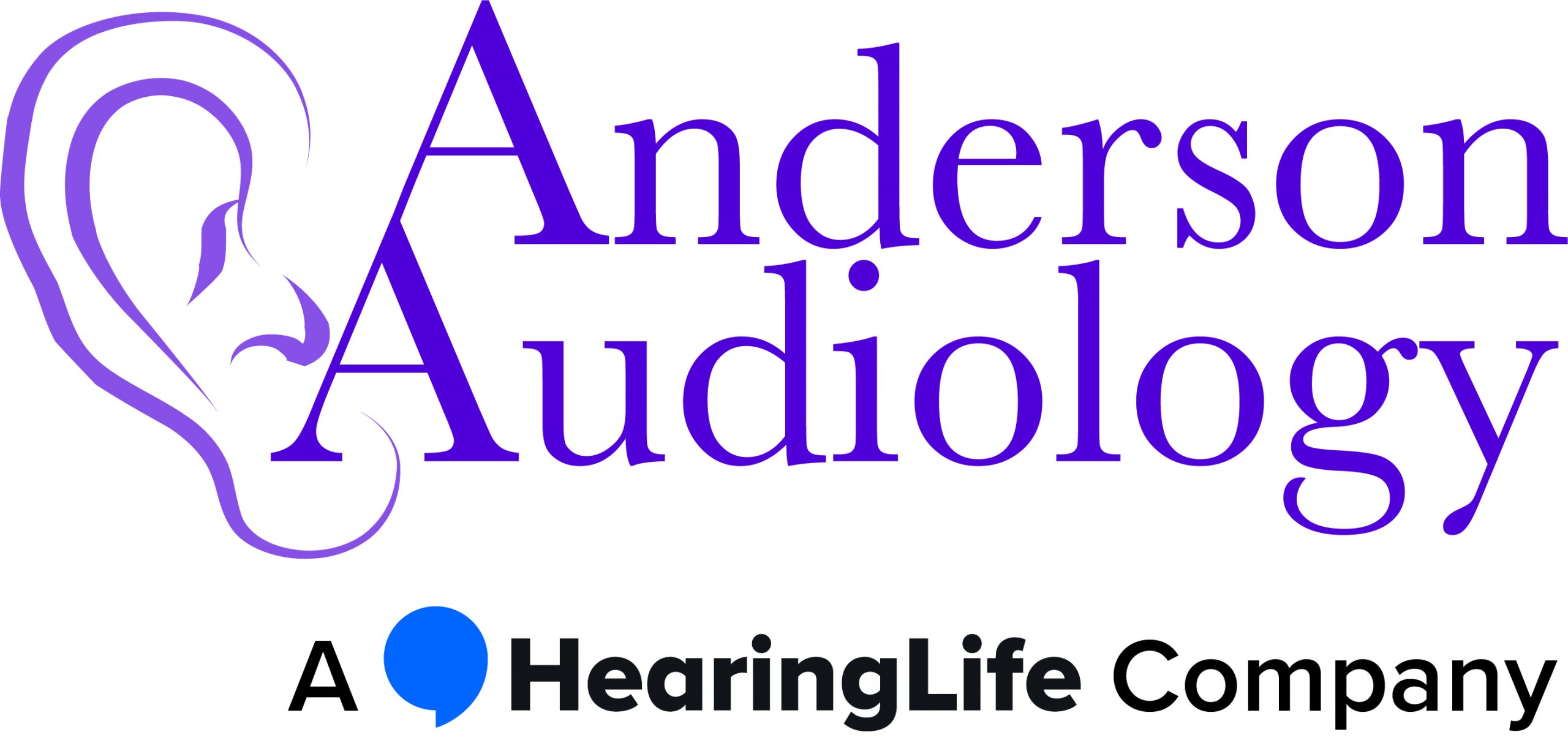What is Asymmetrical Hearing Loss?
Asymmetrical hearing loss, also known as unilateral hearing loss, occurs when there is a difference in the hearing ability between the ears. In other words, one ear hears better than the other. This can be caused by a variety of factors, including genetics, infections, injury, and exposure to loud noises.
Causes of Asymmetrical Hearing Loss
One of the most common causes of asymmetrical hearing loss is noise-induced hearing loss. This occurs when the delicate hair cells in the inner ear are damaged by exposure to loud noises over a long period of time. People who work in loud environments, such as construction sites or music venues, are at higher risk of developing this type of hearing loss.
Another cause of asymmetrical hearing loss is sudden sensorineural hearing loss (SSHL). This is a medical emergency that requires immediate treatment. SSHL occurs when there is a sudden loss of hearing in one ear, often accompanied by a feeling of pressure or fullness in the ear. It is important to seek medical attention as soon as possible if you experience SSHL, as early treatment can improve the chances of a full recovery.
Asymmetrical hearing loss can also be caused by certain medical conditions, such as Ménière’s disease or acoustic neuroma. Ménière’s disease is a disorder of the inner ear that can cause vertigo, tinnitus, and fluctuating hearing loss. Acoustic neuroma is a noncancerous tumor that grows on the nerve that connects the ear to the brain.
Can Asymmetrical Hearing Loss Be Treated?
Regardless of the cause, asymmetrical hearing loss can have a significant impact on a person’s quality of life. It can make it difficult to localize sounds, which can be especially problematic in noisy environments. It can also make it harder to understand speech, especially in situations where there is background noise.
Fortunately, there are a variety of treatment options available for asymmetrical hearing loss. These include hearing aids, cochlear implants, and bone-anchored hearing aids (BAHAs). Hearing aids can be programmed to amplify sounds in the ear with the most hearing loss, while cochlear implants and BAHAs can bypass the damaged ear altogether and send sound directly to the better-hearing ear.
Asymmetrical hearing loss is a common condition that can be caused by a variety of factors. It can have a significant impact on a person’s quality of life, but there are a variety of treatment options available to help manage the condition. If you suspect that you may have asymmetrical hearing loss, it is important to seek the advice of your local hearing healthcare professional.
Trust the Experts at Anderson Audiology
Do you have further questions about your hearing? Our team would be happy to help. Contact the hearing healthcare specialists at Anderson Audiology today on 702-997-2964. Alternatively, click here to request an appointment online.
